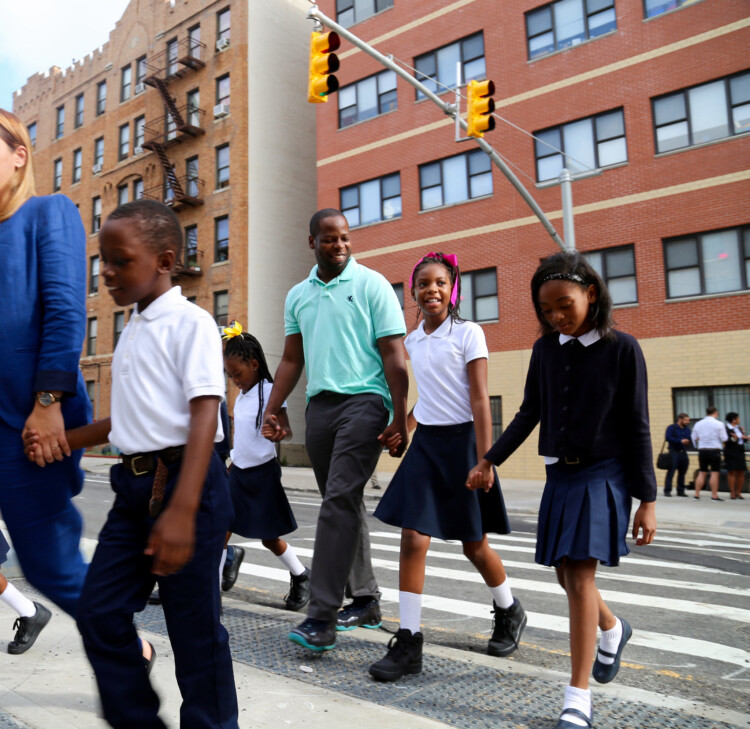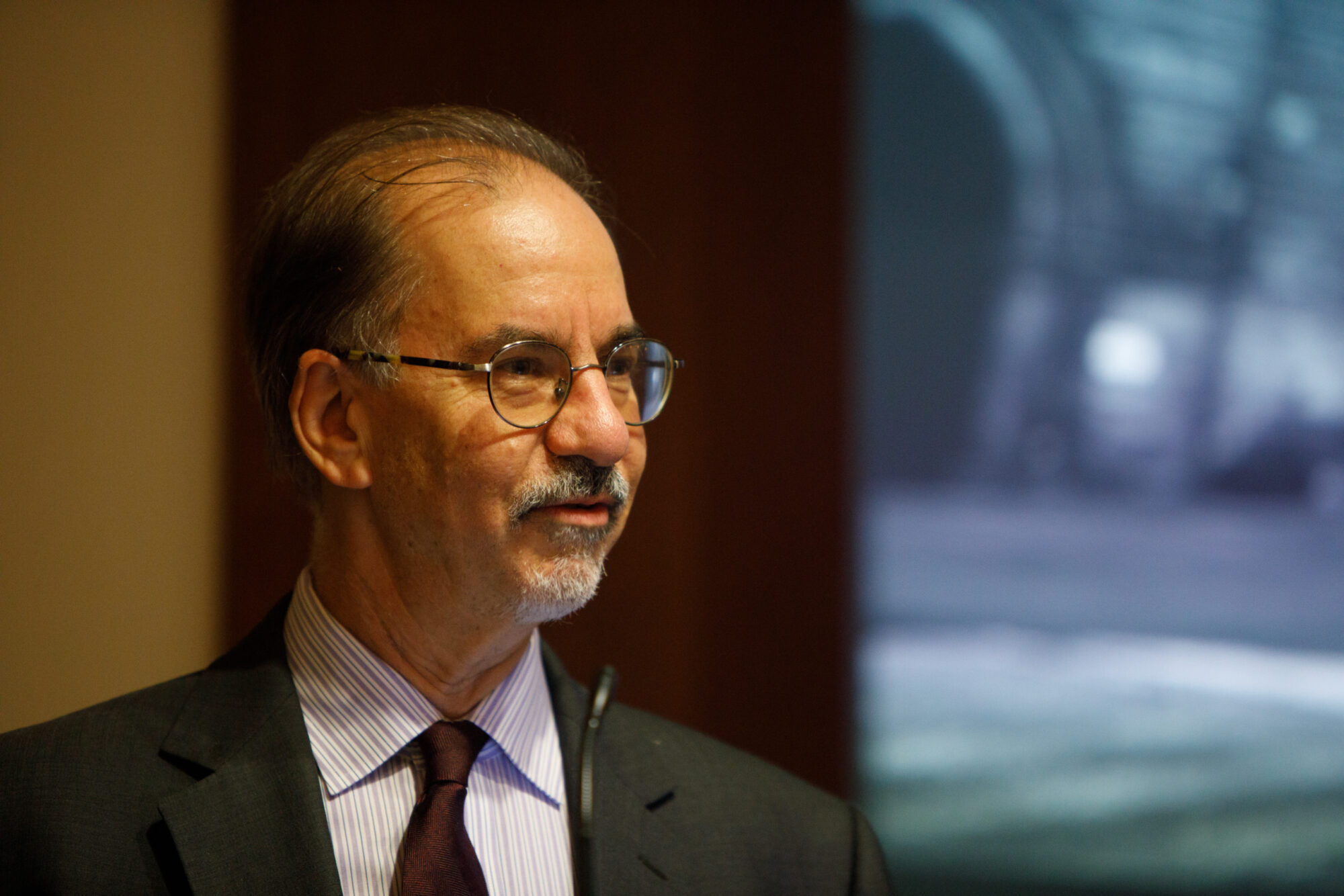Whether compared to other countries or to our own history, it is clear that inequality in the United States today is excessive and harmful to our economy and society. Yet the evidence is also clear that social policy can reduce inequality, and that the challenges facing young people and families are not inevitable.
Private foundations like ours can help reduce inequality in several ways. Of course, they can help by contributing to evidence-based programs and services that improve opportunities for the disadvantaged. But how do we know which programs and services go farthest in reducing inequality? And what combination of efforts is likely to provide the most leverage on the problem in specific contexts? In response to these concerns, another important role for private foundations is to support research that addresses key questions about reducing inequality. Indeed, the enormous scope of the challenge of inequality means that even the largest contributions to programs and services will make little headway unless they are applied in the most powerful ways possible.
But what is the current state of research funding for studies of inequality in the U.S.? Recently, we commissioned Sarah K. Bruch, a sociologist at the University of Iowa, to scan the landscape of public and private funding for research on inequality. Today we are releasing Professor Bruch’s report, Investing in Knowledge: Insights on the Funding Landscape for Inequality Among Young People in the United States, which draws on an examination of materials from 300 funding organizations, as well as interviews with researchers and with staff from foundations and government agencies.
The analysis reveals a scarcity of funding for research on inequality, which is especially troubling in light of the importance of the problem. Funding scarcity may be one source of the slow growth of research on inequality, particularly research focused on inequality among young people. Professor Bruch follows her scan of the landscape with three recommendations for strategies to advance efforts to understand and reduce youth inequality:
- More resources specifically targeted to supporting research on inequality among young people. This is the critical lens if we are to reduce inequality in the next generation.
- More diverse scholarship on inequality. A more inclusive range of researchers would broaden the perspectives on inequality and ways to reduce it.
- More integrated approaches in response to inequality. There is no single solution to this huge challenge, and research that draws on a broad range of intellectual traditions and methodological tools and pulls them together in cohesive responses will increase the likelihood of success in the long run.
This analysis and accompanying recommendations gives us much to ponder and, we hope, provides a new stimulus for action on the part of funders and researchers alike.







